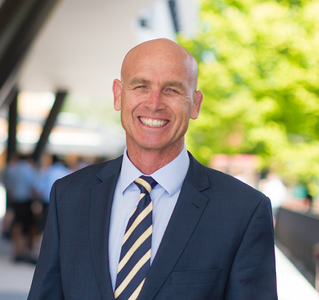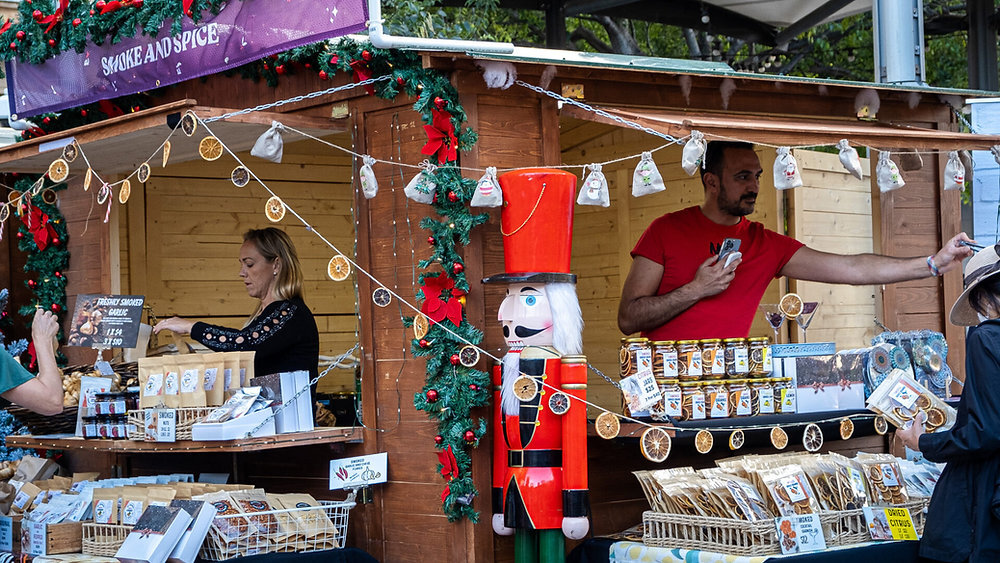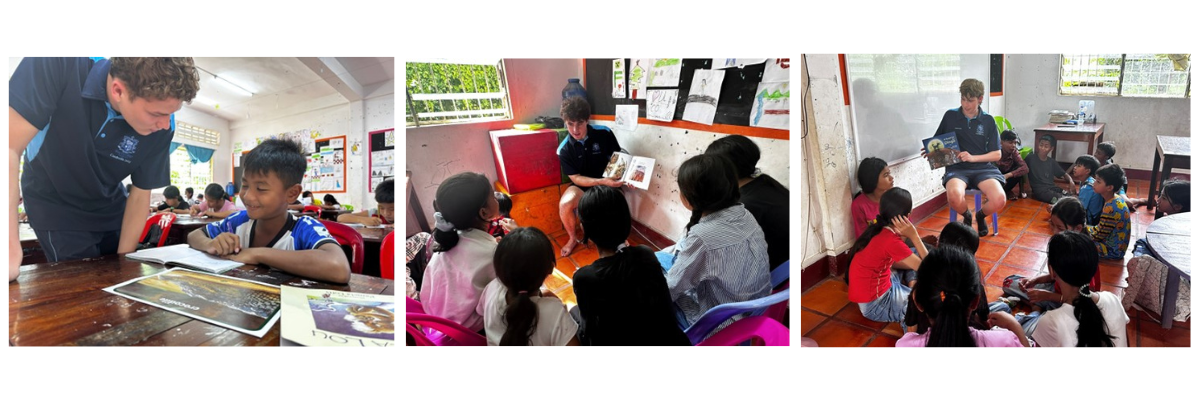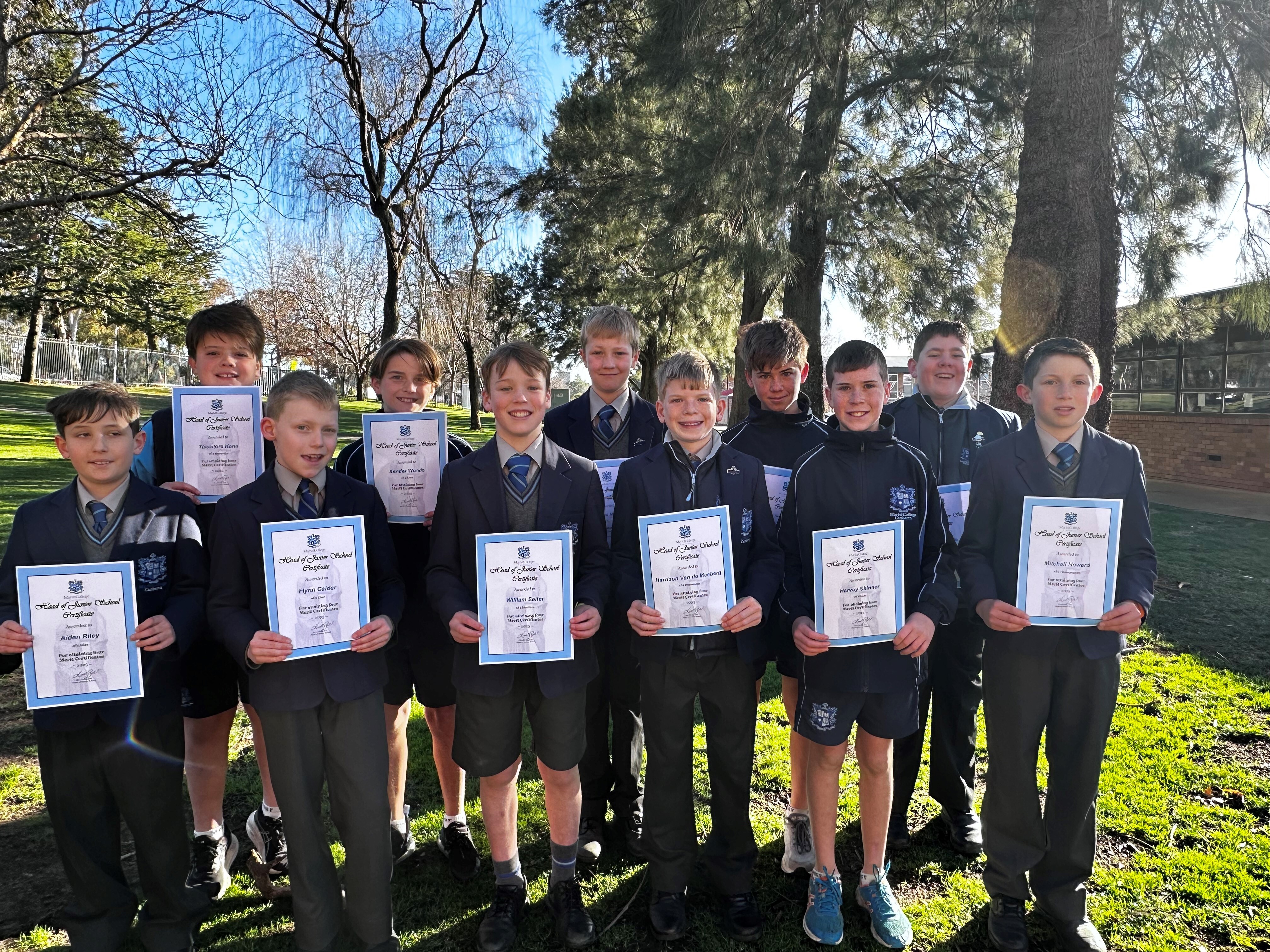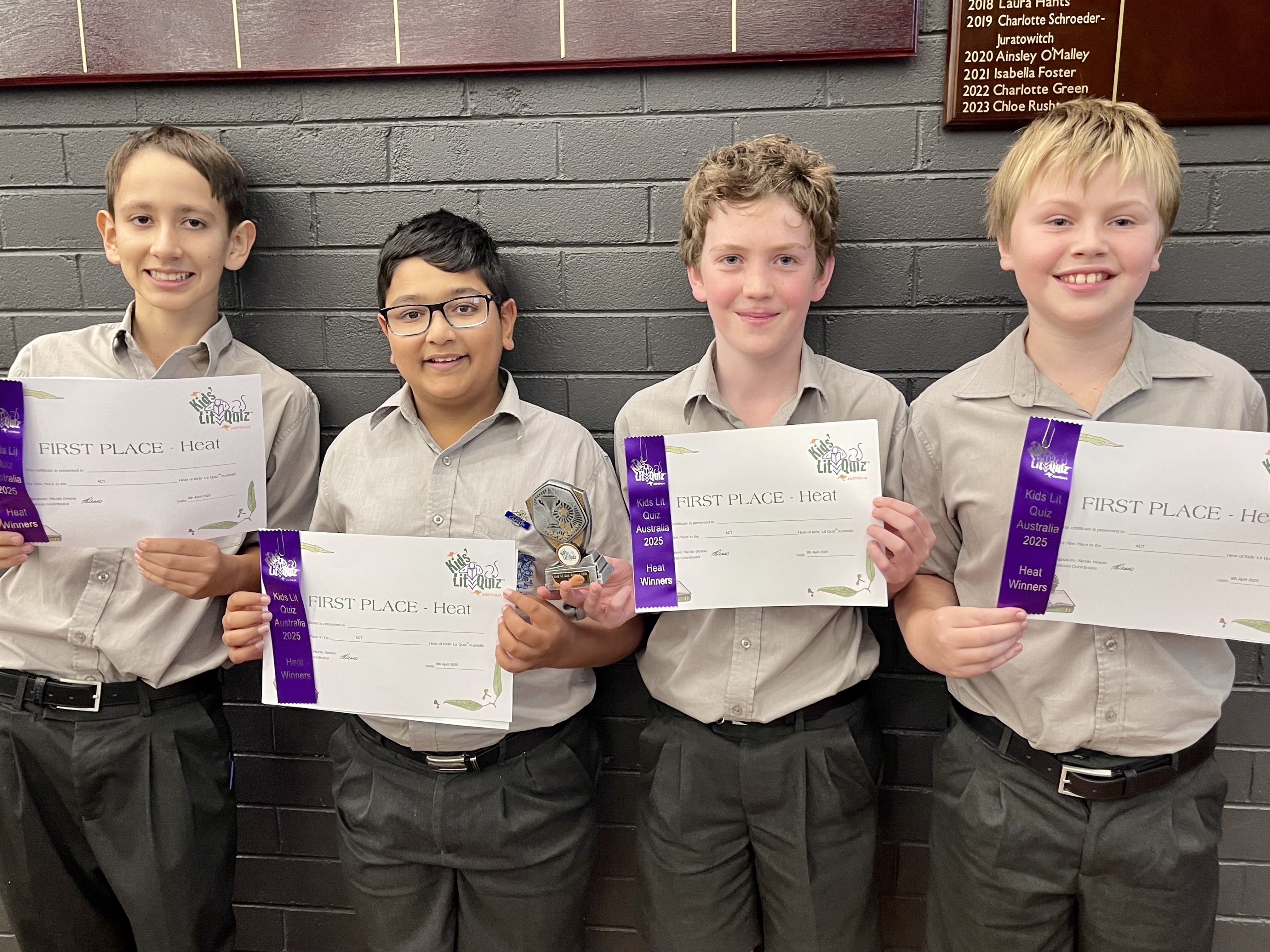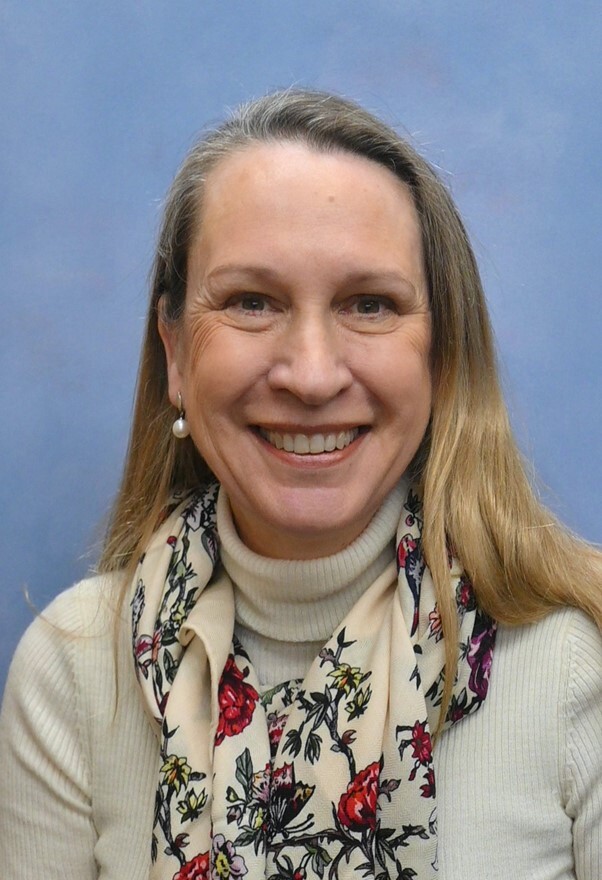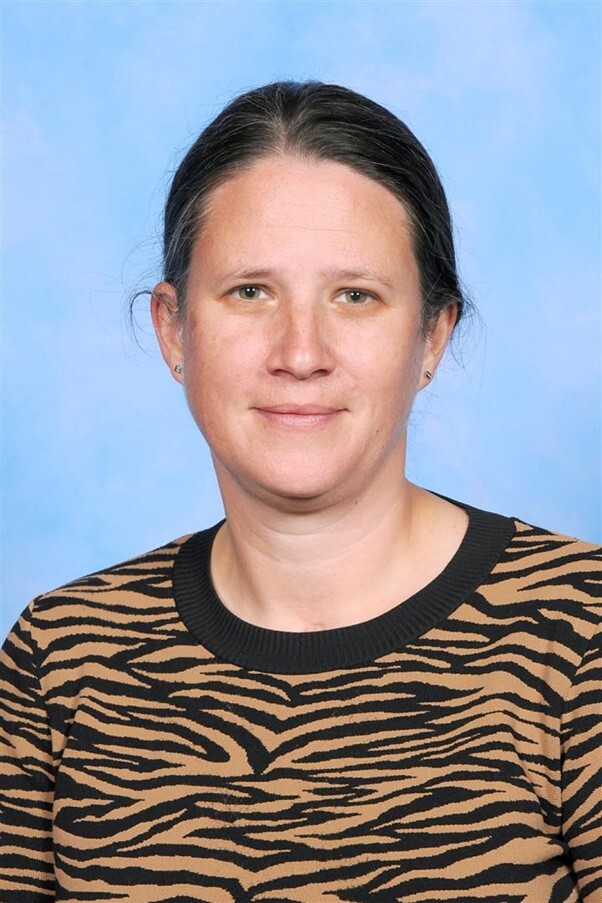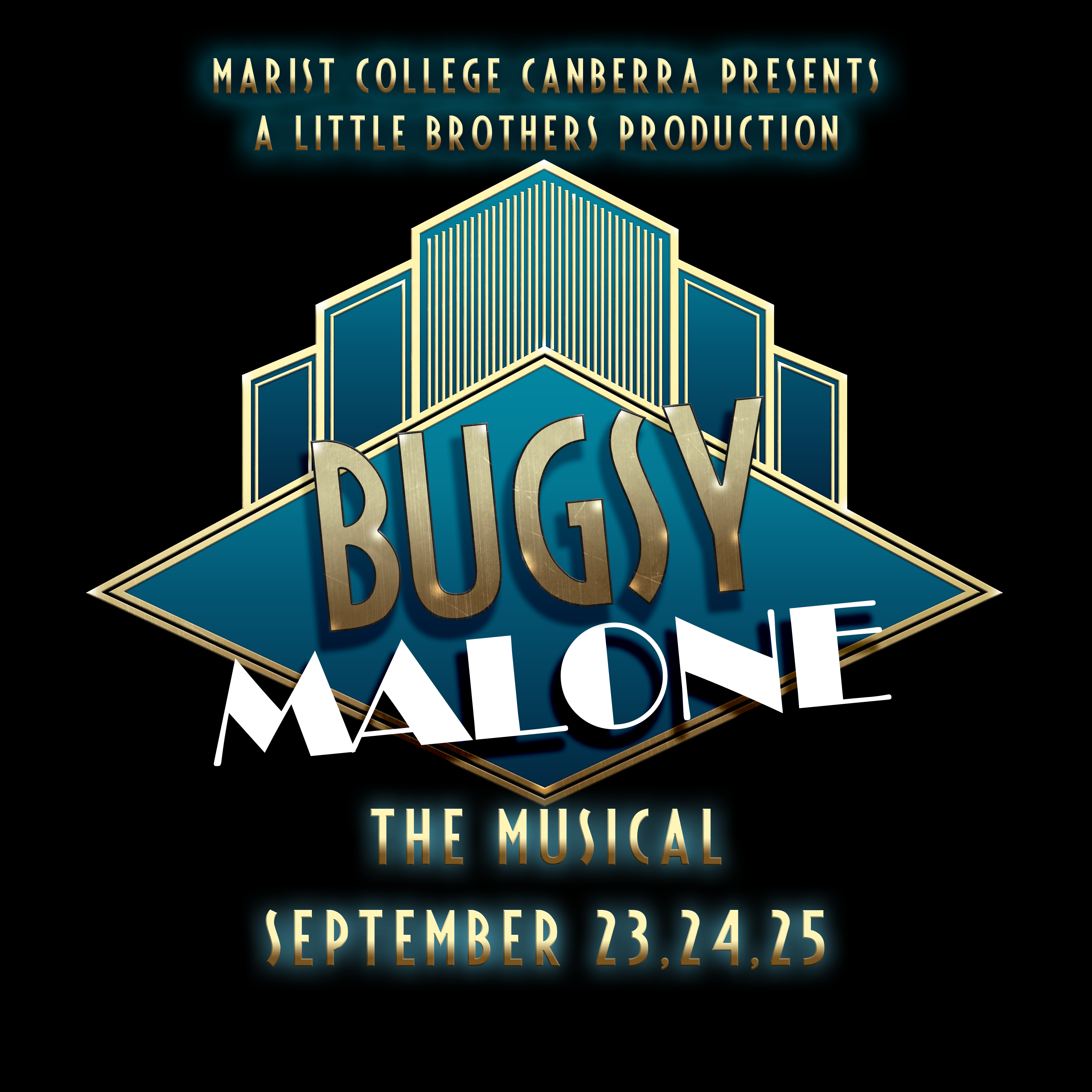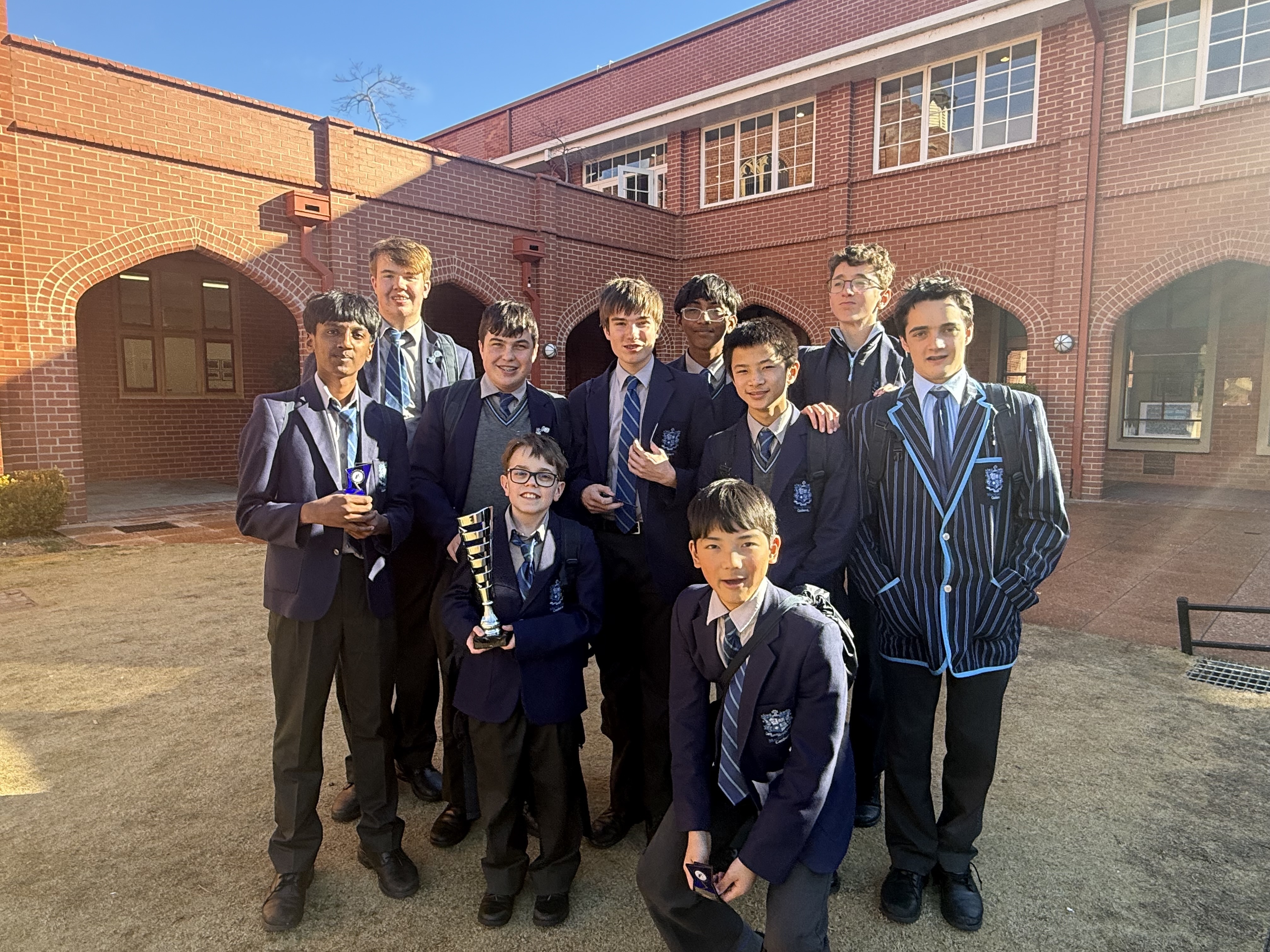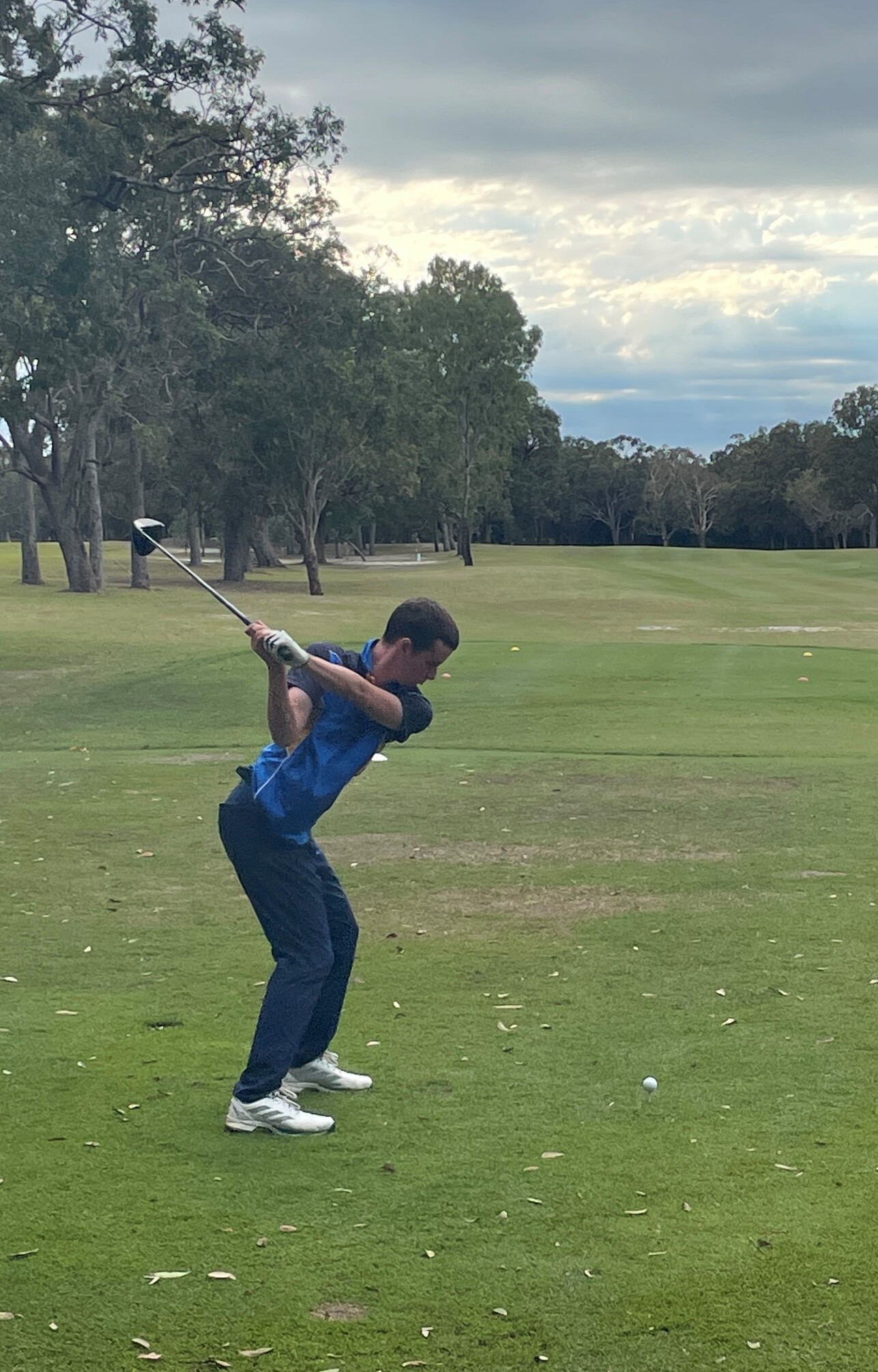‘You Don’t Have to Think’ - Really?
While catching the train to the Lions rugby test on Saturday night, I could not help but overhear a conversation between two young men discussing their university finance assignments. One was enthusiastically recommending an online platform, better than ChatGPT, he claimed, with a ‘100% success rate’ on his submitted work. ‘It is unreal,’ he said. ‘You don’t have to think.’
Let us hope he is not managing anyone’s superannuation fund any time soon.
But his pride in not having to think, his celebration of cutting corners, stuck with me. It reveals a worrying tendency: an aversion to the discomfort, effort and patience that good thinking demands.
We live in a world saturated with information. We are constantly learning new facts, exposed to new opinions and surrounded by the latest trends and ideas. Amidst all this, however, a more important question emerges: Do we know how to think well? Do we value those who ask us hard questions? Do we truly care about discovering what is right or do we just want to be right?
At Marist, one of our roles is to help boys ask better questions. We want them to think clearly and deeply, to be committed to intellectual rigour, not just for its own sake, but in the service of others. This means helping our boys to recognise that thinking well is not always easy, nor is it always comfortable. But it is essential if they are to grow into wise, discerning and generous young men.
We have all been in conversations where a person tries to shut down discussion with, ‘Well, I am entitled to my opinion.’ While true on one level, that sentiment often serves as a shield against scrutiny. At Marist, we want our boys to know that they are not entitled to their opinions unless they can argue for them with care and reason. Truth claims deserve to be examined and debated, not just asserted.
We want our boys to be able to weave facts into meaning. To analyse and evaluate ideas. To stretch their minds. To say, ‘I used to think this… but now I see it differently,’ is not a sign of weakness. It is the mark of someone growing in wisdom.
There is a deep humility at the heart of real learning. Often, the most honest and courageous response we can offer is simply to admit we do not know. If you were to ask me to speak on classical ballet, I would begin with an acknowledgment of my ignorance. Even in areas where I know a little more, such as raising boys, I remind myself that I remain a learner. That posture of humility is vital for any genuine education.
As educators, our aim is to be transformative in educating for truth, depth and choice. We want our boys to grow in confidence, but also in curiosity. To be brave enough to let the truth unsettle them. To be changed by what they learn.
Interestingly, I have come to believe that hospitality is a virtue we can extend to our thinking. In the Christian tradition, hospitality is the welcome of the stranger. In our intellectual lives, it means making room for other minds, other perspectives; even those with whom we disagree. It is more than mere tolerance. It is a generous openness to hearing others without confusing welcome with agreement.
On Saturday night, two young men caught the train to the rugby. One of them proudly declared he no longer needed to think. I hope that on our shared journey, literal and metaphorical, the boys we are raising at Marist will be the ones who choose the harder path: to think with integrity, to learn with humility, to engage with hospitality and be committed to intellectual rigour.
Matthew Hutchison
Headmaster
